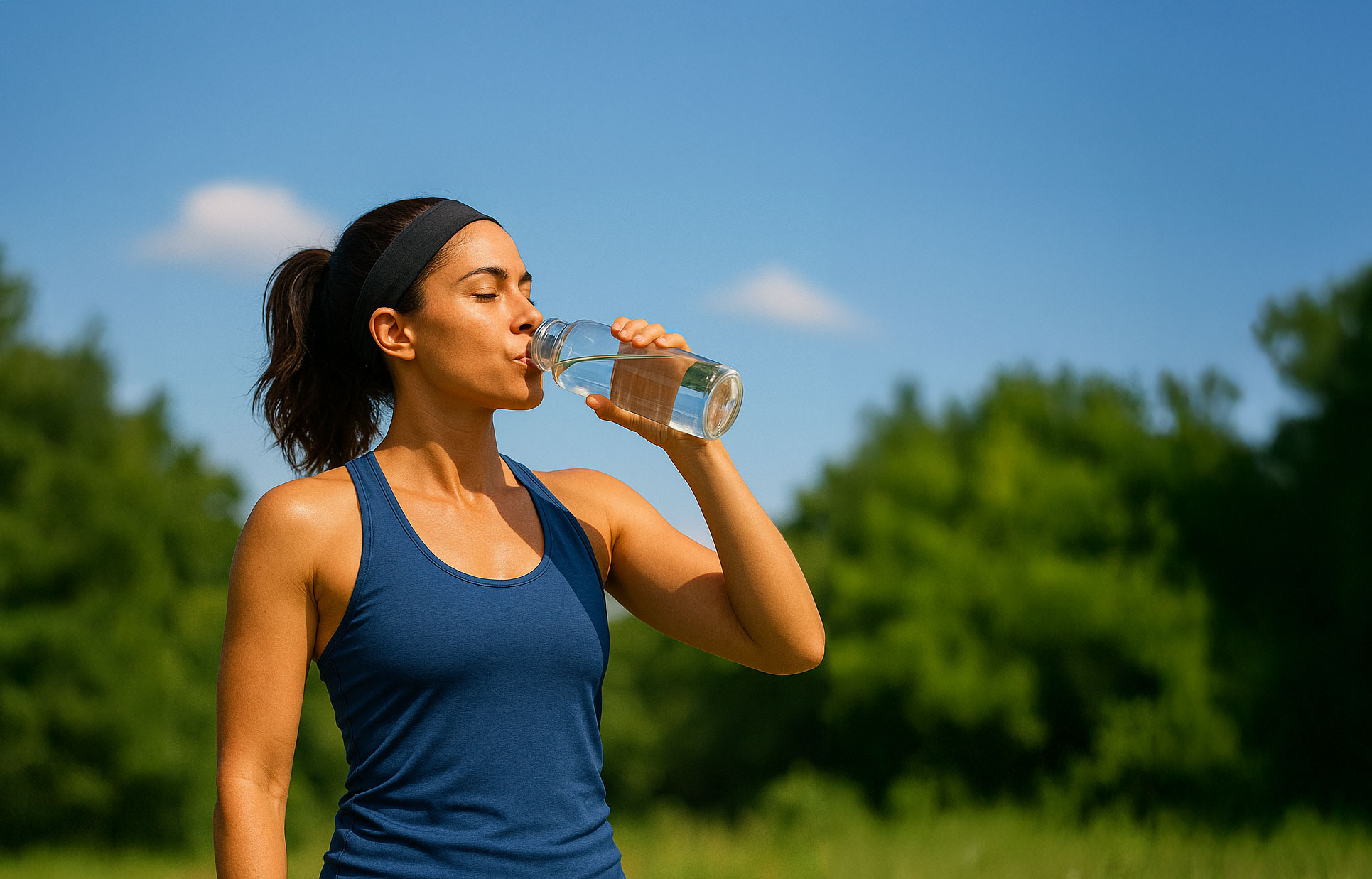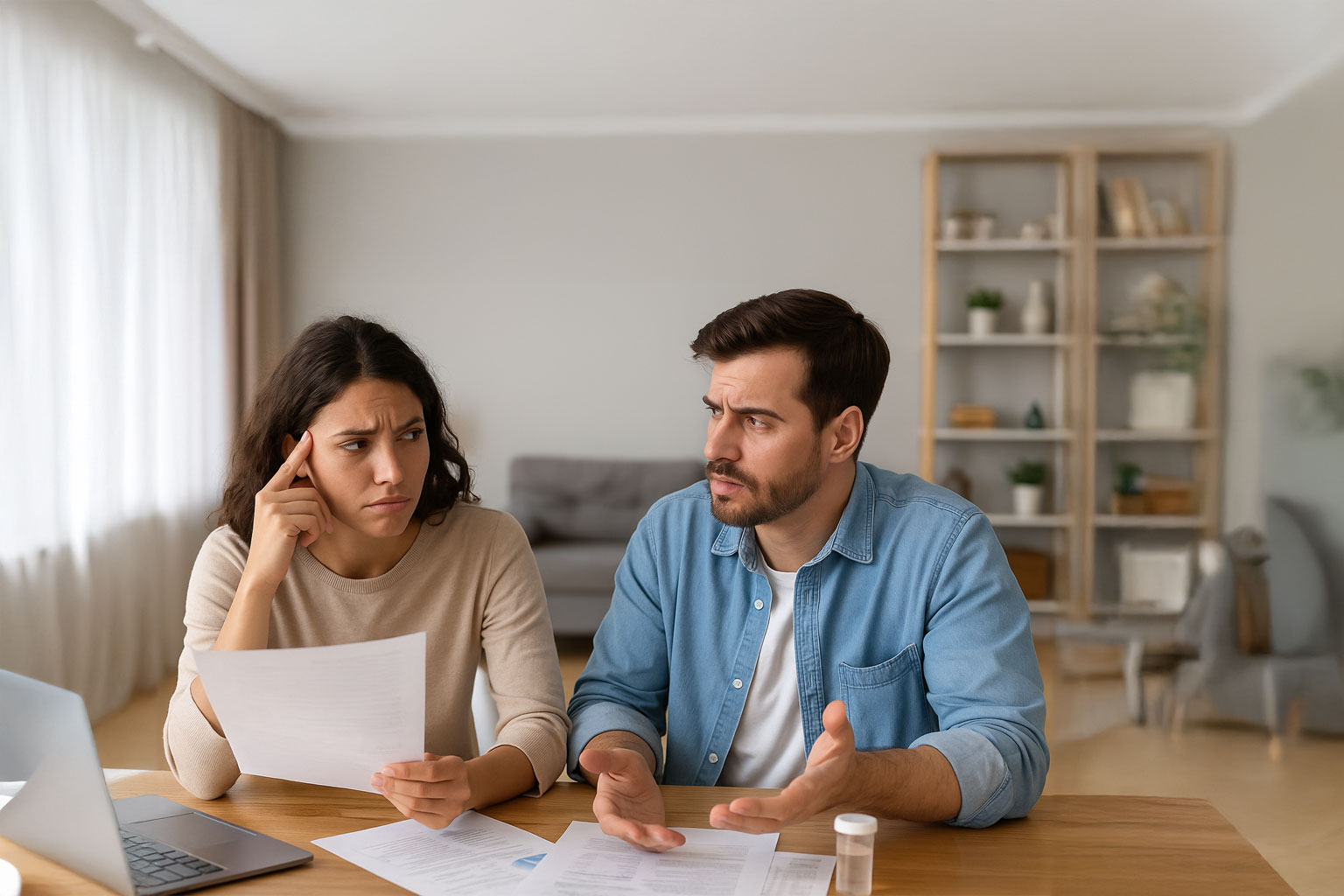Did you know that you should turn off your water before leaving for vacation? If you’ve ever returned to a flooded home, that’s a suggestion you’re unlikely to forget again. Whenever you plan to be away for more than a few days, these seven simple steps can help prevent water damage and might even lower your utility bills.
Vacation Prep Item 1: Shut Off Your Water
If a pipe bursts or leaks while you’re on vacation, the situation could go unnoticed for days or even weeks, causing quite a mess by the time you get home. In addition to water damage, ruined possessions, and possible electrical issues, you might also return to mold and mildew. The best way to prevent such catastrophes is to turn off your main water valve so no water enters your home while you’re gone. As an extra precaution, you can also turn off the valves to every appliance that uses water, like your dishwasher, washing machine, and refrigerator.
Vacation Prep Item 2: Set Your Water Heater to Vacation Mode
Since you won’t need hot water while you’re gone, adjusting the temperature setting on your hot water heater can save money on your utility bills. Many hot water heaters have a “vacation mode” which will automatically lower your water temperature when selected. If yours doesn’t, you can manually lower the temperature to the lowest possible setting or turn the unit off entirely. Just remember that if you’re vacationing any time the temperature could possibly fall below freezing, it’s important to leave the hot water heater on so undrained water doesn’t freeze in your pipes.
Vacation Prep Item 3: Check That Your Appliances Have Drained
Before you leave, do a quick check of the dishwasher and washing machine to make sure they’ve both drained completely after their last use. Any standing water could be quite nasty by the time you return. If there’s any residual moisture inside either appliance, you may want to leave the door open so it can evaporate instead of stagnate.
Vacation Prep Item 4: Test Your Sump Pump
It’s not only water that originates inside your home that can cause damage. If there’s a big storm or significant rainfall when you’re away, you could return to a flooded basement. To prevent this, make sure your sump pump is working properly by pouring water into the sump pit and watching how the pump responds. It’s best to do this a few days before you leave so you have time to call in a professional to repair or replace the pump if you discover a problem.
Vacation Prep Item 5: Clean Your Gutters
Gutters are another line of defense against extreme rainfall. When working properly, they direct water away from the foundation of your home. But if gutters are clogged or broken, that water may end up in your basement and cause flooding or damage. If you’ve seen water spill over the top of the gutters, that likely means there’s a problem. Even if you think all is well, it’s best to check your gutters before you leave for a trip and clean them if it’s been awhile. Gutters should be cleaned at least once a year, or twice if there’s a lot of trees nearby.
Vacation Prep Item 6: Clean Your Drains
If your garbage disposal is sometimes a little stinky, chances are it’ll smell worse after you’re gone for a week or two. So might other drains in your sinks, showers, and even your toilets. That’s because running water helps to rinse bacteria away. But when you’re not using any water, that bacteria can grow, causing a bad odor. Before you leave, consider cleaning your drains so you don’t return to an unpleasant surprise. There are many drain cleaners available in stores, including nontoxic options, or you can make your own with baking soda and vinegar.
Vacation Prep Item 7: Don’t Turn Off Your Pool
This may seem counterintuitive, but if you have a pool in your backyard you should keep the pump running as usual even when you’re gone. That’s because the pump filters out dirt and bacteria and circulates the water so algae can’t grow. If you turn your pump off, you’ll likely return to a green mess, and any money you saved on electricity will probably need to be spent on extra chemicals to make the water swimmable again. If you typically turn your pump on and off manually, you can purchase an inexpensive timer and set it to run eight to twelve hours per day.
In Summary
The last thing you want to worry about during vacation is a plumbing situation back home! These simple steps can protect against odors, flooding, and water damage so there’s no unpleasant surprises waiting for you when you return. For an added level of assurance on longer trips, ask a friend or family member to stop by a few times while you’re gone to make sure everything is as it should be.



